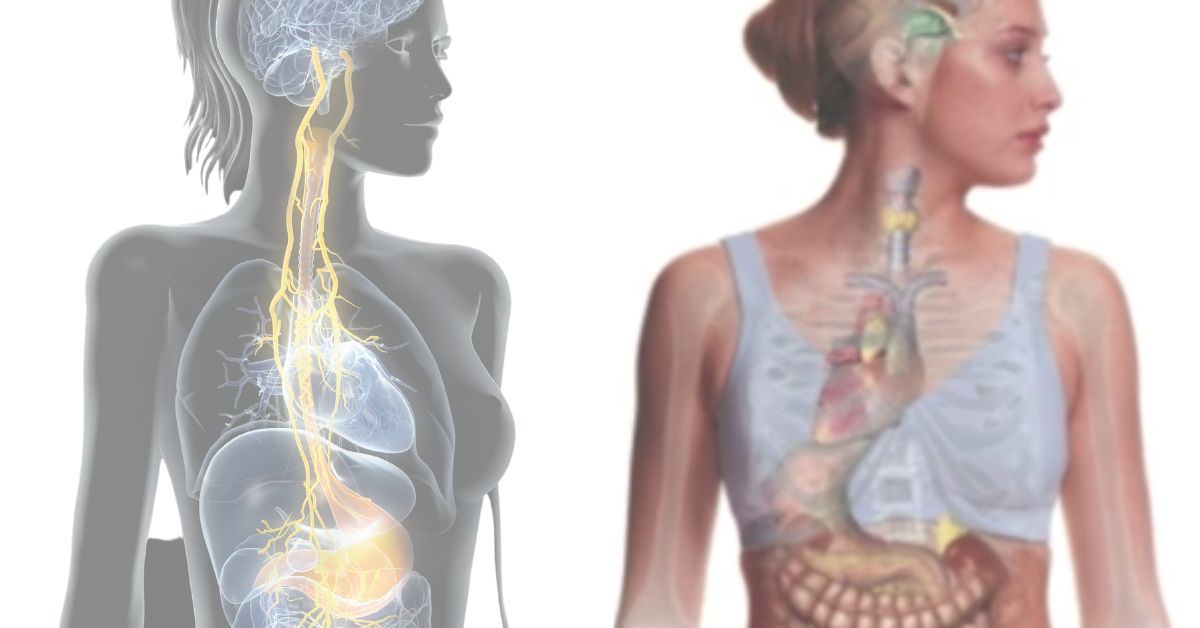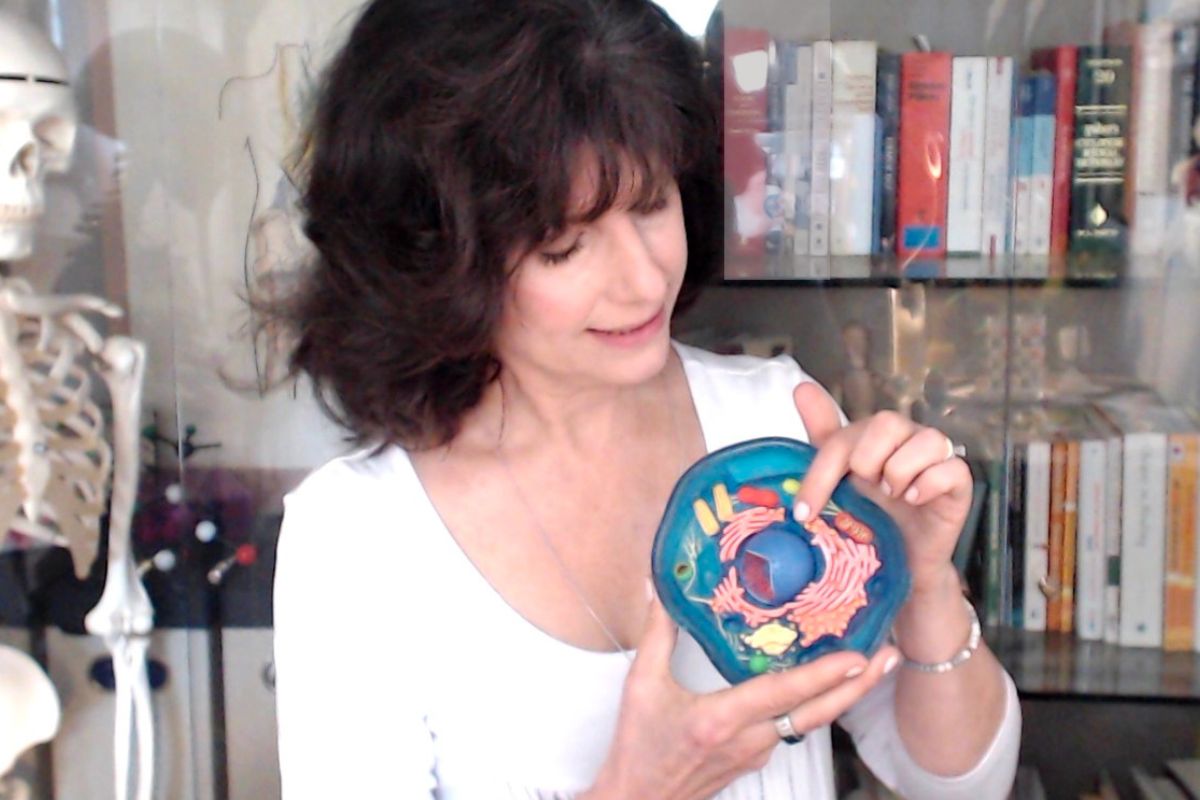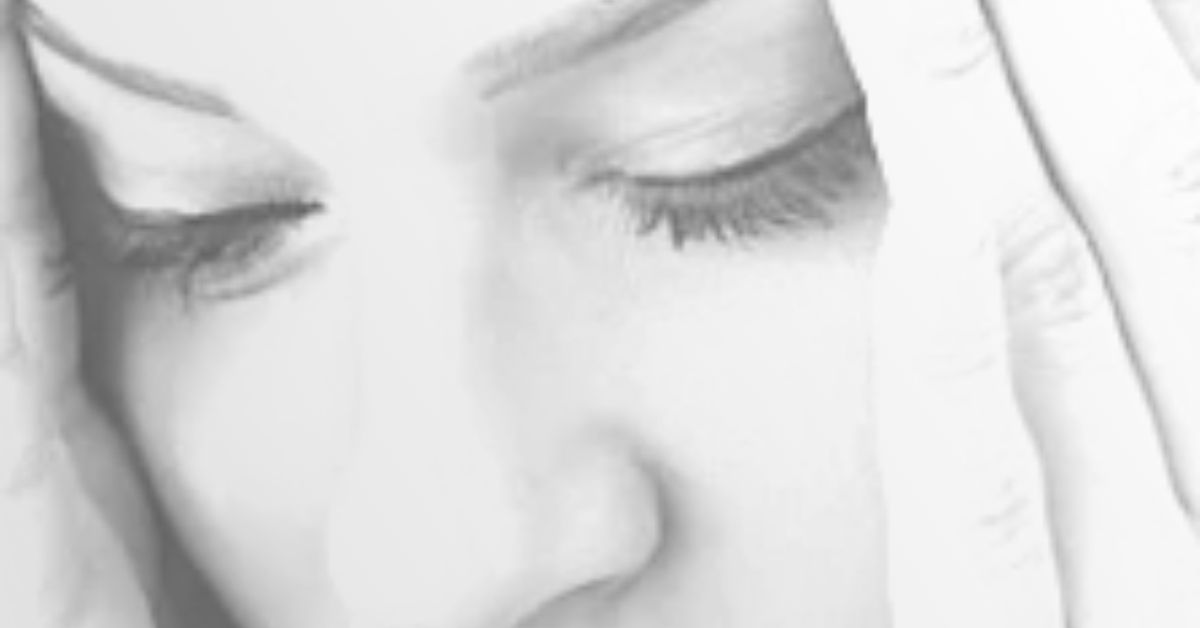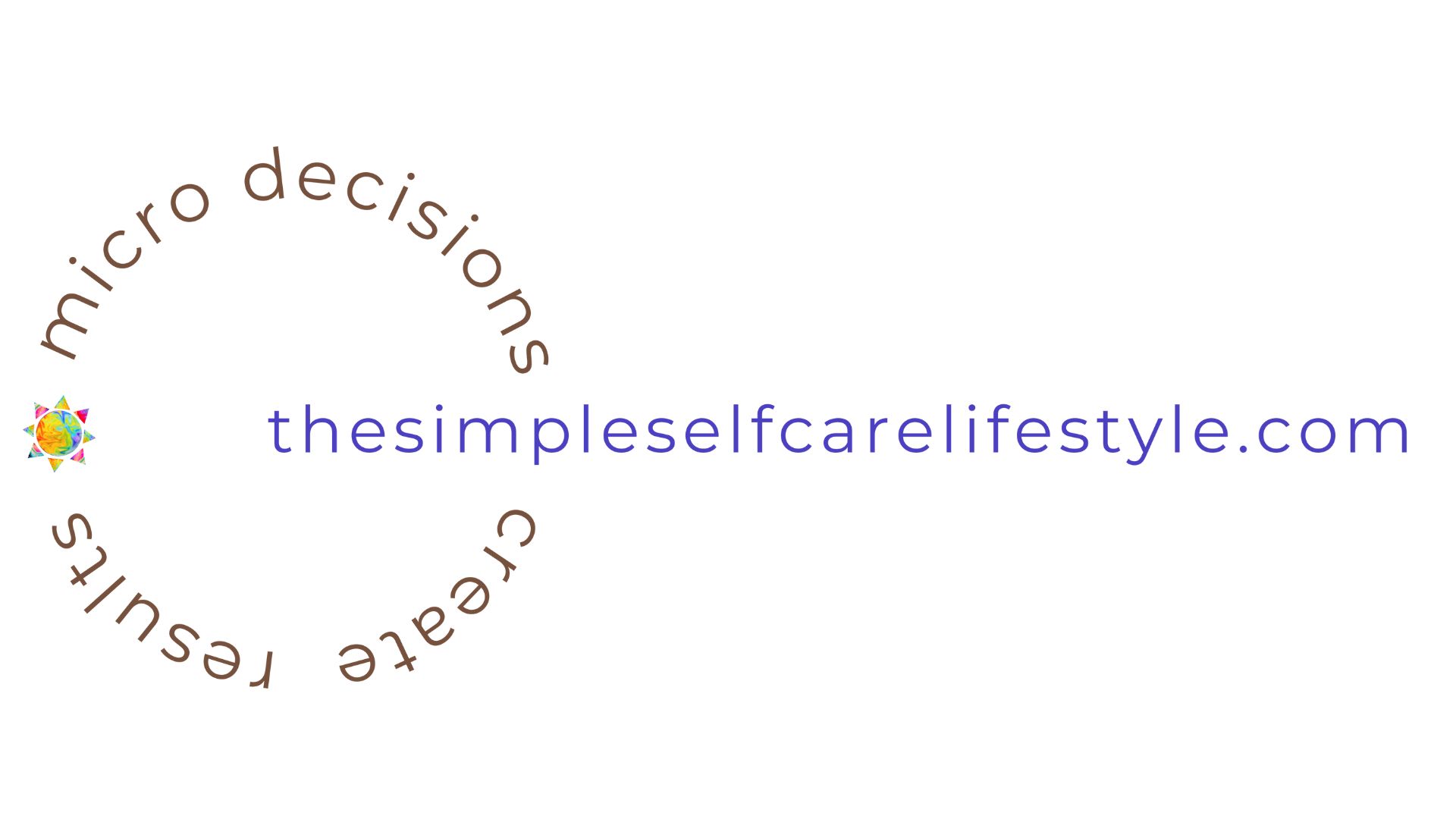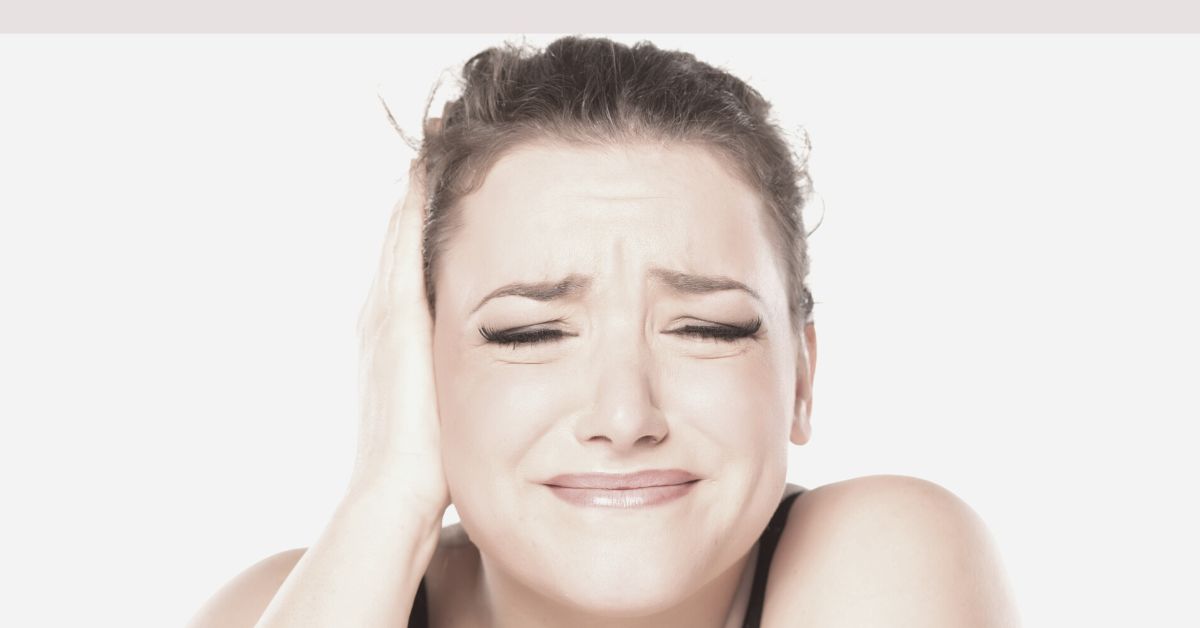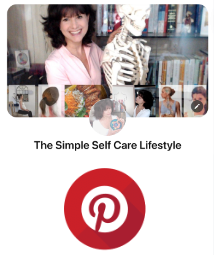What Helps for Vertigo
Knowing the Underlying Cause(s) of Vertigo Helps the Most
The first step in figuring out what helps vertigo is to pinpoint the underlying possible cause(s) of vertigo.
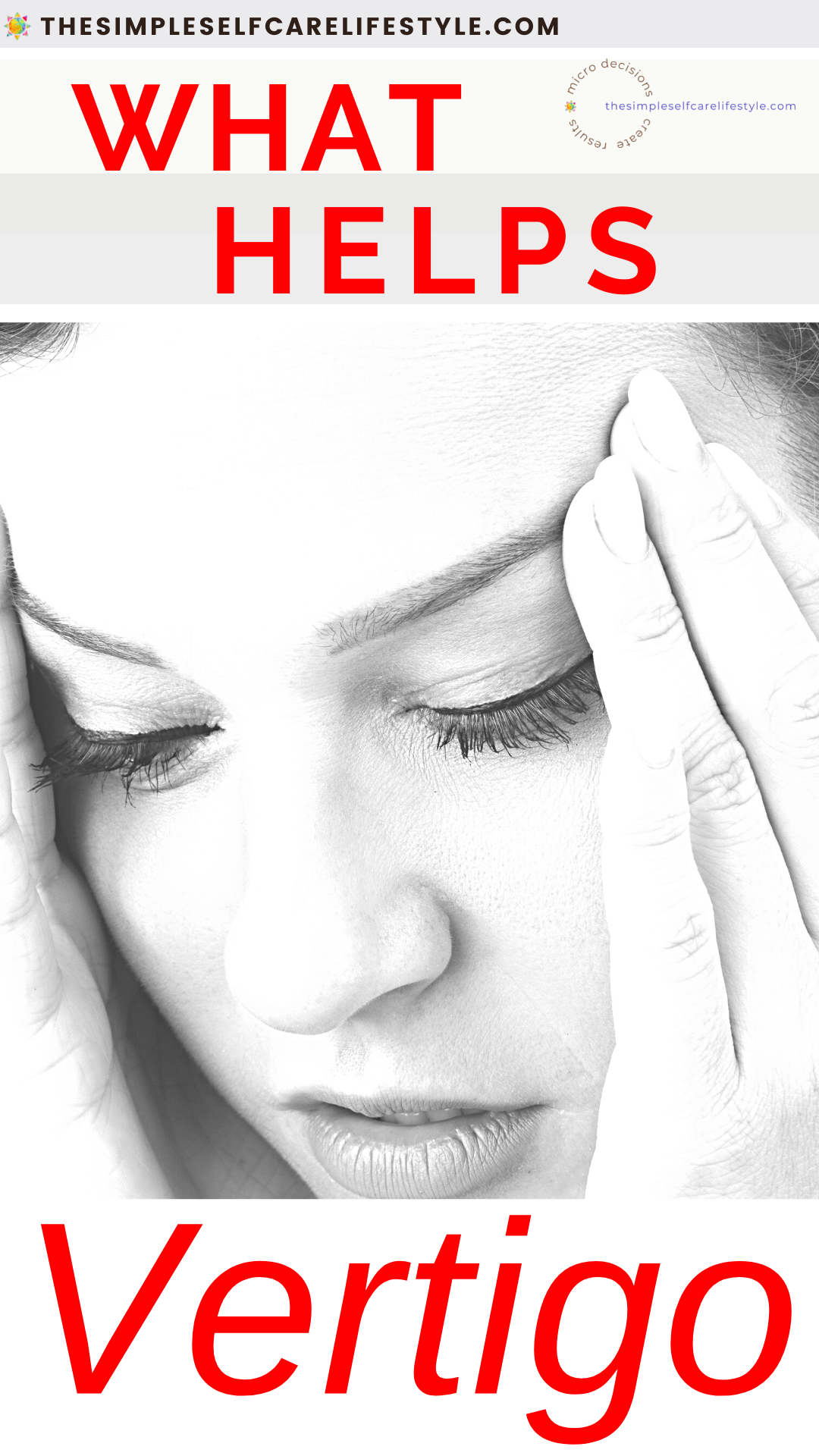
When you can identify the reason(s) for your vertigo it helps you determine what you can do to help support yourself through it.
I’ve only experienced vertigo one time. It lasted for a good week, and I would like never to experience it again.
Once my vertigo subsided, I researched the causes and best practices to identify better why I had it and how I could support myself if it ever came on again.
As well as have under my belt how to recognize subtle signs so I can avoid it altogether!
Then this week, as I was chatting with someone, they mentioned they could feel a bit of vertigo coming on, so I decided to share what I put together about vertigo and the variety of simple self care tips-tools that may help.
What helps for vertigo:
First, There Are Many Reasons For Vertigo
There are many reasons for vertigo because it is a symptom rather than a specific condition. (7)
The Symptom: VERTIGO
Vertigo can make you feel like you or your surroundings are spinning or moving even when you and/or your surroundings are not moving at all.
Vertigo is a symptom of vestibular dysfunction and has been described as a sensation of motion, most commonly rotational motion.
(7)( Bold added)
Common Reasons for the Symptom of Vertigo
Vertigo is a common symptom caused by many factors, even a combination of the factors that impact your vestibular system.
What is Vestibular System, and Where Is It?
“There are 3 semicircular canals with fluid inside located in the inner ear that monitors the motion and position of the head in space by detecting angular and linear acceleration.”
Isn’t that cool!
“The vestibular system is located within the inner ear.” (31)
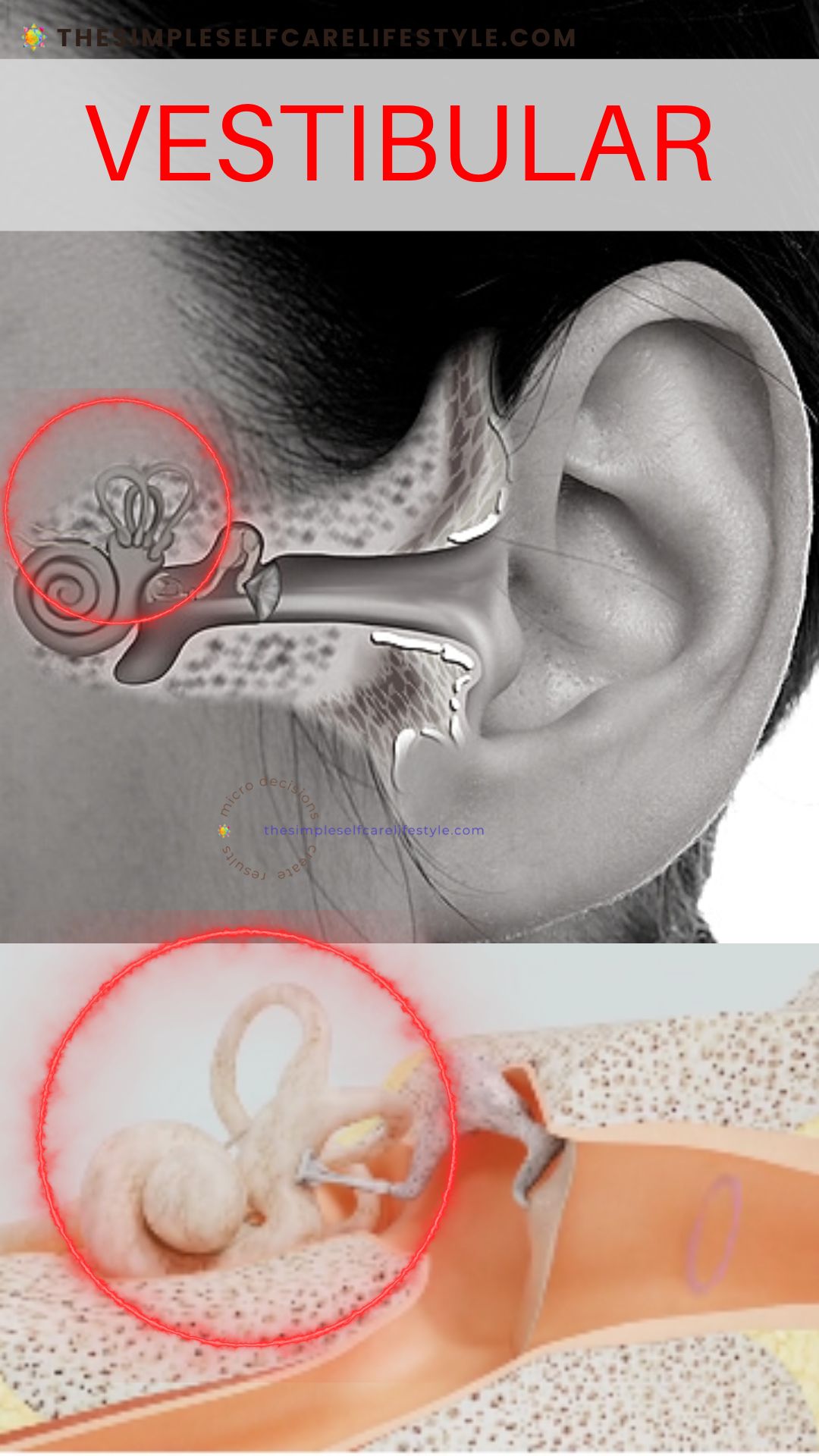
The vestibular system provides the sense of balance and the information about body position that allows rapid compensatory movements in response to both self-induced and externally generated forces.
(8)(bold added)
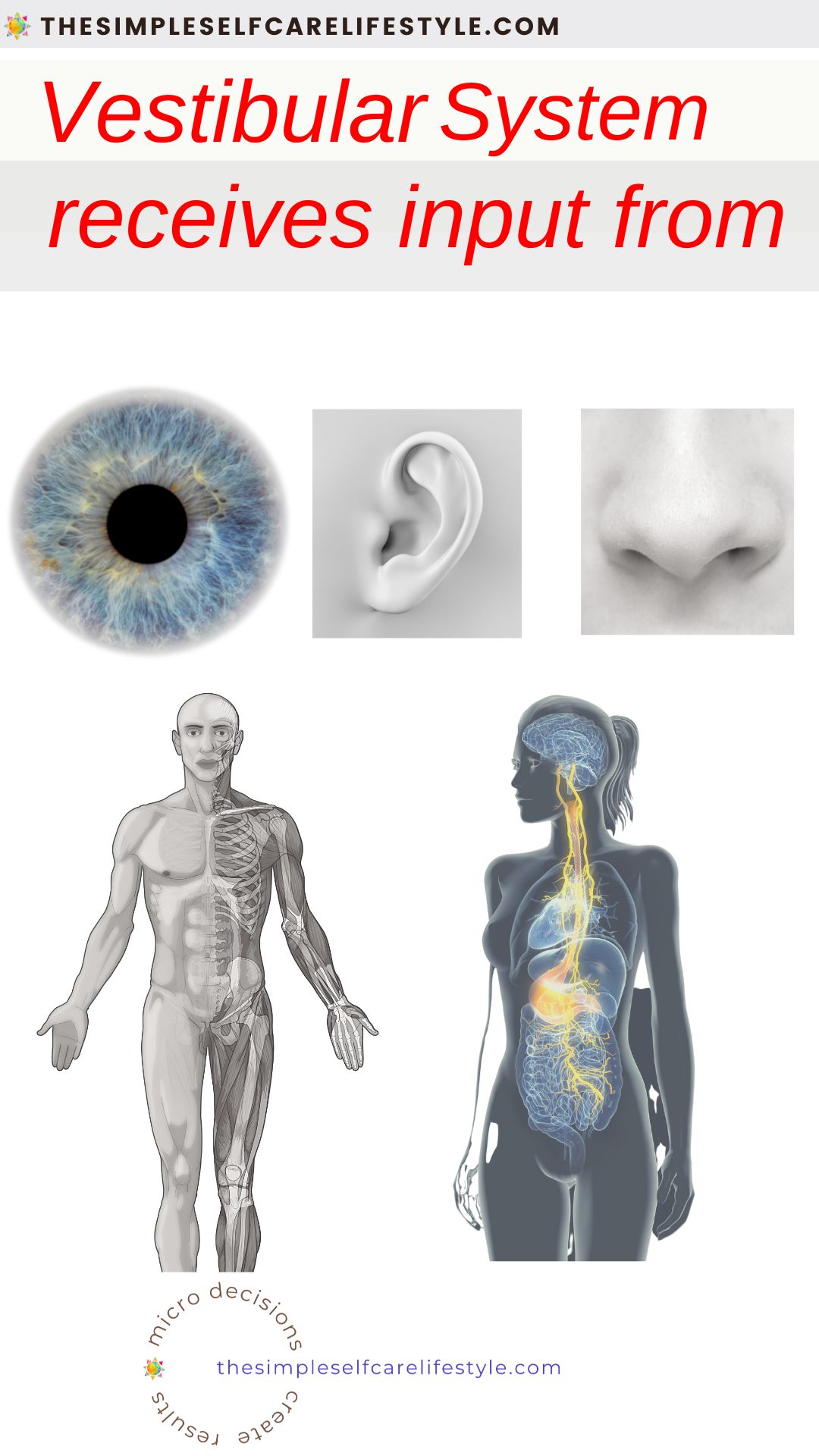
When our ‘balancing’ system receives skewed information from the systems it relies on, the symptom of vertigo can be the result.
Your VESTIBULAR system relies on your:
- Ears
- Eyes
- Brain
- Nervous System
- Muscles
for balance.
Each system gives information that is critical to the vestibular (balancing) system.
You’ll notice in the list of ‘common’ reasons for vertigo that often multiple of these systems can be involved. Knowing all of our systems are interconnected and dependent on each other helps us make sense of the fact that multiple systems may be at play.
What helps with vertigo is knowing the most common reasons for it.
Common reasons for Vertigo*
- Inner ear disturbance: Any disturbance/damage to the inner ear can cause vertigo.
- Vision disturbances. Eye issues of all sorts can contribute to vertigo.
- Medications can cause vertigo as a side effect.
- Caffeine can cause vertigo symptoms.
- Dehydration can cause a drop in blood pressure, which can lead to vertigo.
- Low blood sugar: A drop in blood sugar levels can cause vertigo.
- Anxiety/Hyperventilation can cause dizziness and vertigo.
- Food allergies can cause vertigo.
- Anemia can cause vertigo.
- Vitamin/Mineral deficiencies can lead to vertigo.
- Exposure to Toxins can lead to vertigo.
- Hormones
- Chronic Stress depleting the HPA Axis mechanism to rebound can cause vertigo. *(12)(13)
Pairing Common Reasons for Vertigo With What Tips/Tools That Can Help
Knowing the underlying cause of our vertigo helps us choose what may be most helpful.
Let’s walk through each ‘common’ cause and pair it with some supportive self-care tips/tools.
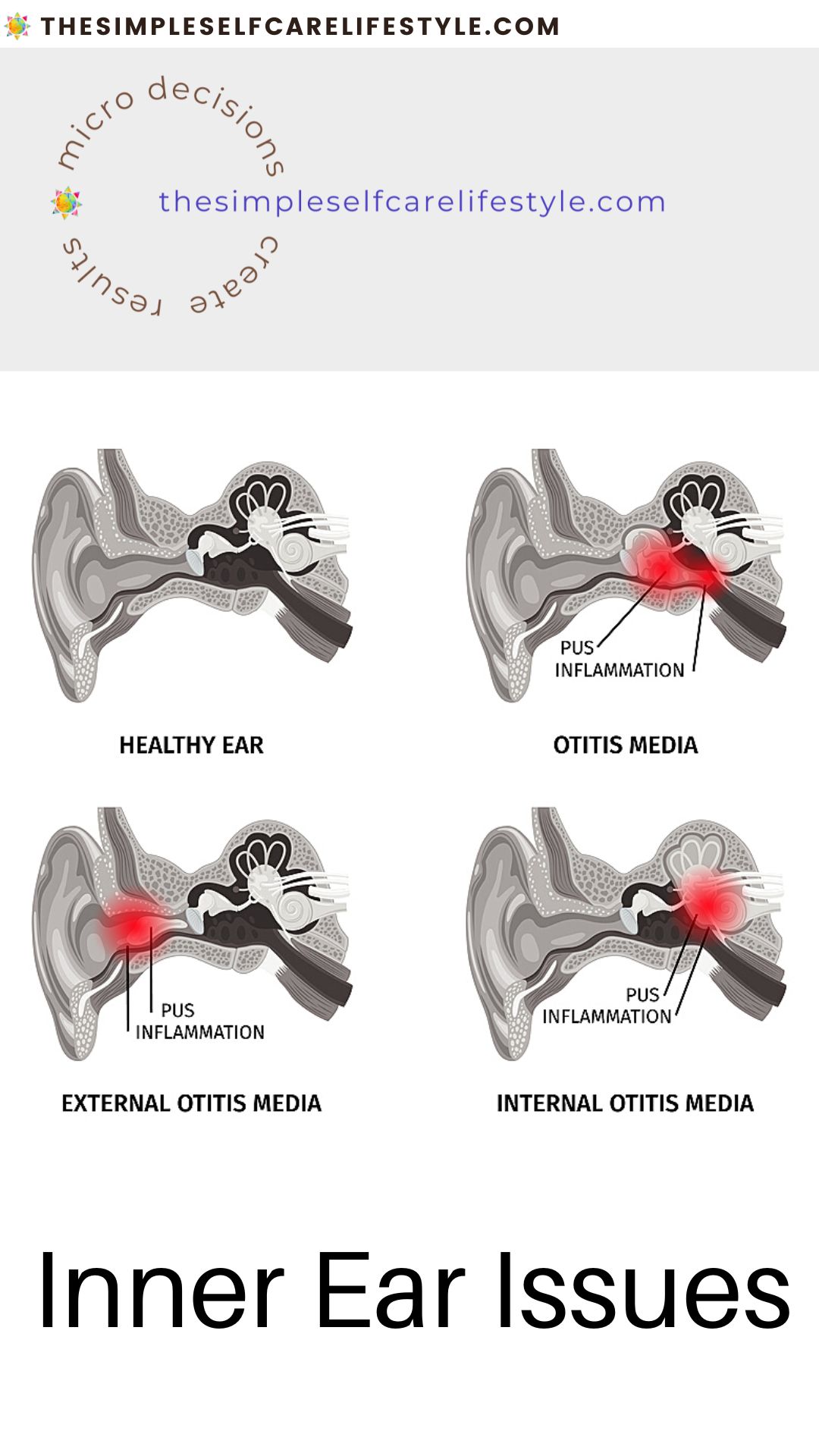
Inner Ear Problems Are A Common Cause of Vertigo
The inner ear plays a crucial role in maintaining balance.
Any disturbance or damage to the inner ear can cause vertigo.
Conditions like
- Benign Paroxysmal Positional Vertigo (BPPV)
- Meniere’s disease
- Vestibular neuritis
- Labyrinthitis
can lead to vertigo.
What Can Help Vertigo Caused by Conditions like BPPV, Meniere’s Disease, Vestibular Neuritis, or Labyrinthitis?
BPPV
BPPV occurs when calcium crystals in the inner ear become dislodged and stimulate the balance nerve, causing dizziness and vertigo.
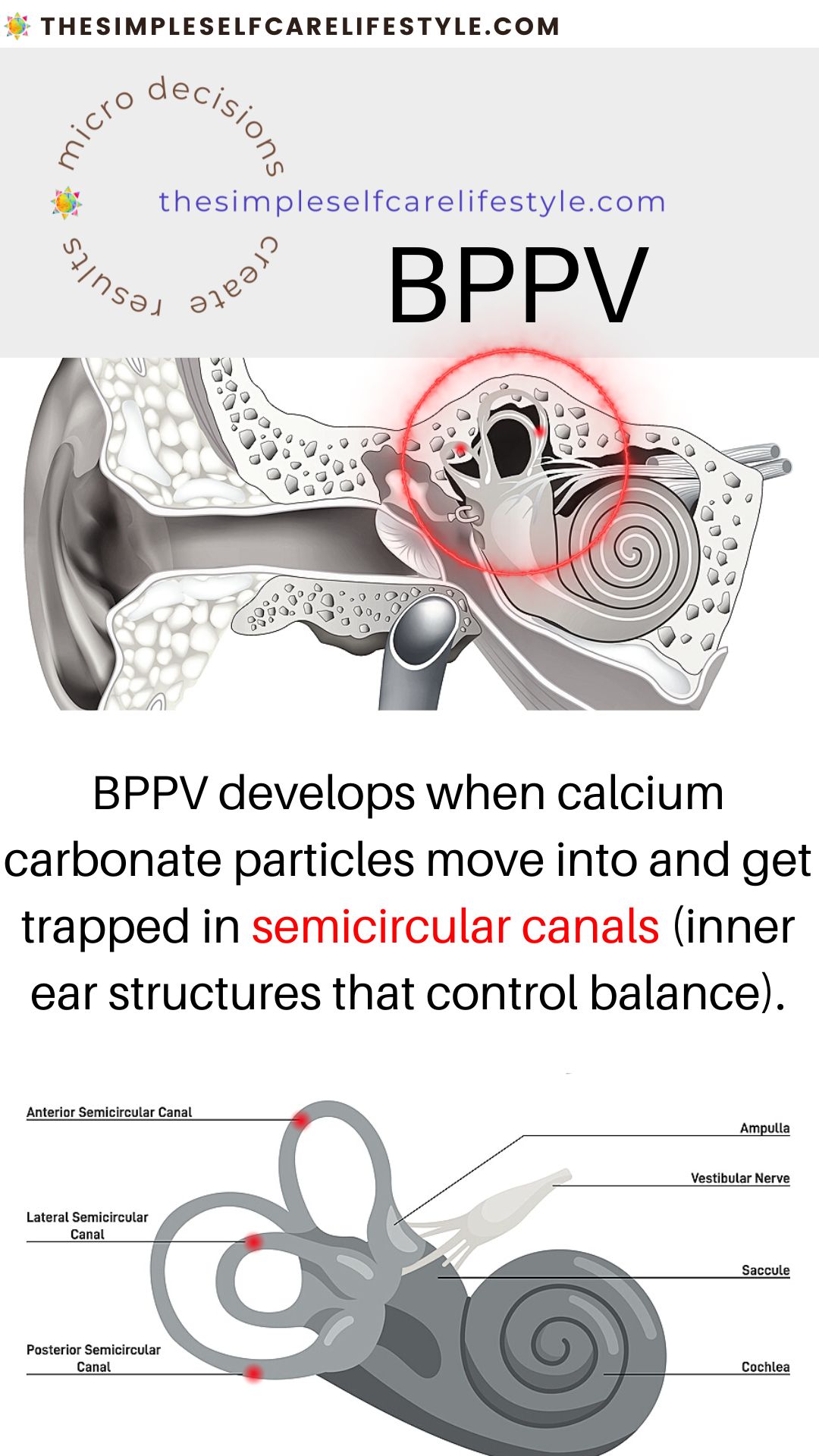
There is a series of head and body movements known as the Epley maneuver or canalith repositioning procedure. (2)(3)
Epley’s maneuver was more effective than medicines alone not only in treating the condition but also in preventing the recurrence. This maneuver gave recovery among majority of the case patients during their first visit itself.
(1)(Bold, Italic Added)
What May Help BPPV:
Epley movements may help to move the calcium crystals back into the correct position, minimally reducing, if not fixing, the symptoms of vertigo altogether. (1)
What helps for vertigo when it is caused by Meniere’s Disease:
Meniere’s Disease
Meniere’s disease is a chronic condition that affects the inner ear and can cause vertigo. (10)
Symptoms of Ménière’s disease are caused by the buildup of fluid in the compartments of the inner ear, called the labyrinth. The buildup in the labyrinth interferes with the normal balance and hearing signals between the inner ear and the brain causing vertigo
(28) (italics bold added)

What May Help Vertigo due to Meniere’s disease:
Medication to reduce fluid buildup in the ear, as well as lifestyle modifications (5) such as:
-reducing salt intake
-avoiding caffeine
-avoiding alcohol
Definitely see your practitioner.
What helps for vertigo if an ear infection is at the root of it:
Ear infections: Vestibular Neuritis or Labyrinthitis
There are two main types of ear infections that can cause vertigo:
1. Labyrinthitis: This is an infection of the labyrinth, which is the part of the inner ear responsible for balance. (30)
When this part of the inner ear becomes infected, it can cause:
-inflammation and
-swelling
The inflammation and swelling disrupt signals to the brain leading to vertigo.
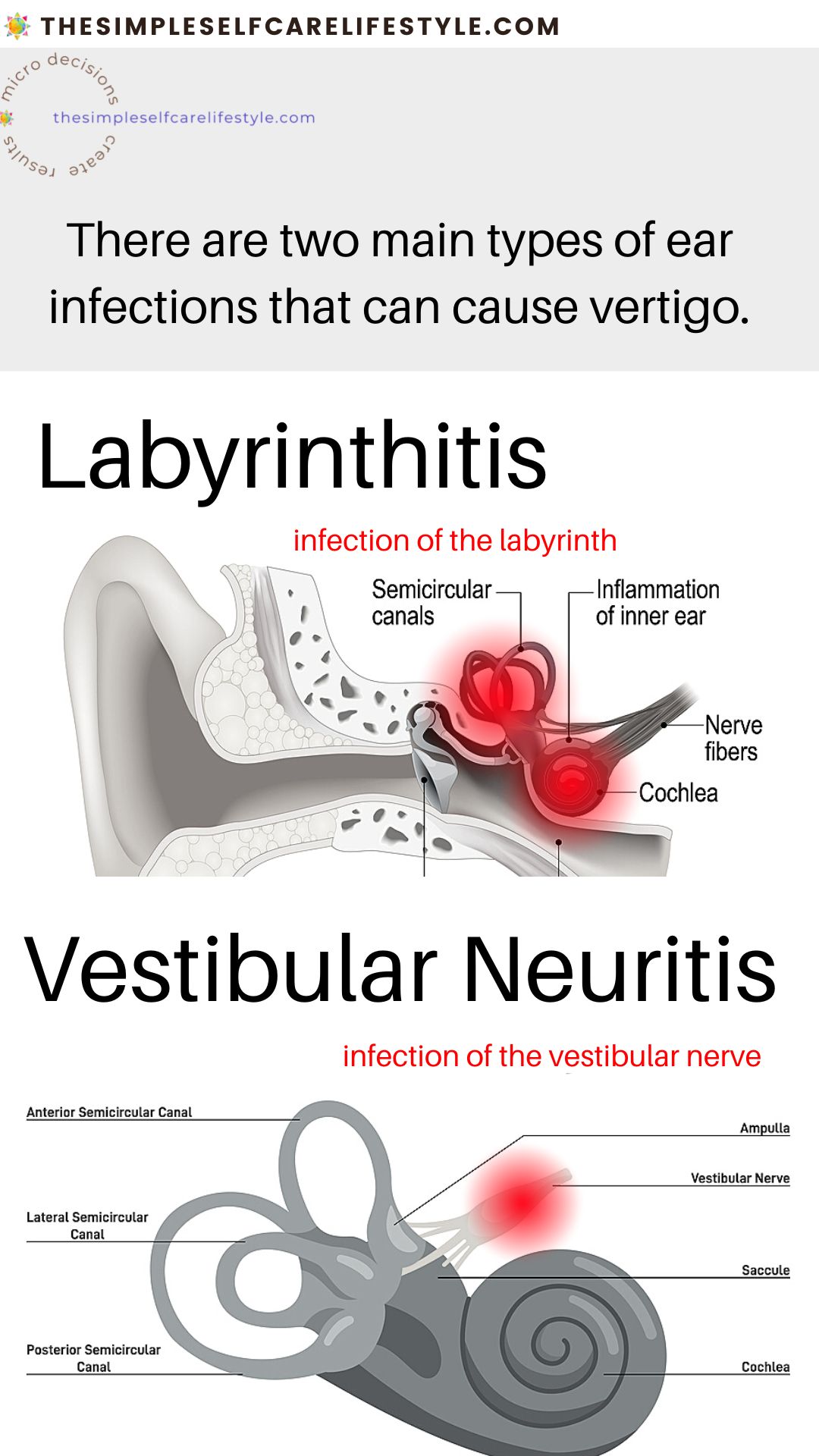
2. Vestibular Neuritis: This is an infection of the vestibular nerve, which:
–connects the inner ear to the brain and is responsible for transmitting signals related to balance and spatial orientation.
When this nerve becomes inflamed or damaged due to an infection, it can disrupt the signals it sends to the brain, leading to vertigo.
In both cases, the infection causes:
-inflammation and
-swelling
The inflammation and swelling disrupt the normal function of the inner ear and vestibular system (our sensory system that creates the sense of balance and spatial orientation) and can lead to vertigo. (9)
Treatment for these conditions may include:
-medications like antibiotics for the infection
–anti-inflammatory
-physical therapy if chronic condition to help reorganize balance and reduce vertigo
–special pillow to take pressure off the ear while sleeping.
This is another one to partner up with your practitioner to uncover.
As is asking your practitioner to routinely check your ears for excess or compacted ear wax. Routinely removing the excess (by a professional) is a great way to prevent any excess from placing pressure on your inner ear.
What helps for vertigo if Eye Disturbances are causing it:
Eye Disturbances Can Cause Vertigo
The brain uses information from the inner ear, eyes, and muscles to maintain balance.
Your brain uses the messages it receives from your eyes; your ears and other body parts (e.g., muscles, joints, skin) to help you keep your balance.
(14)(bold italics added)
When there is a problem with the eyes, the brain receives inaccurate information about the body’s position.
The brain can become disoriented, leading to vertigo.
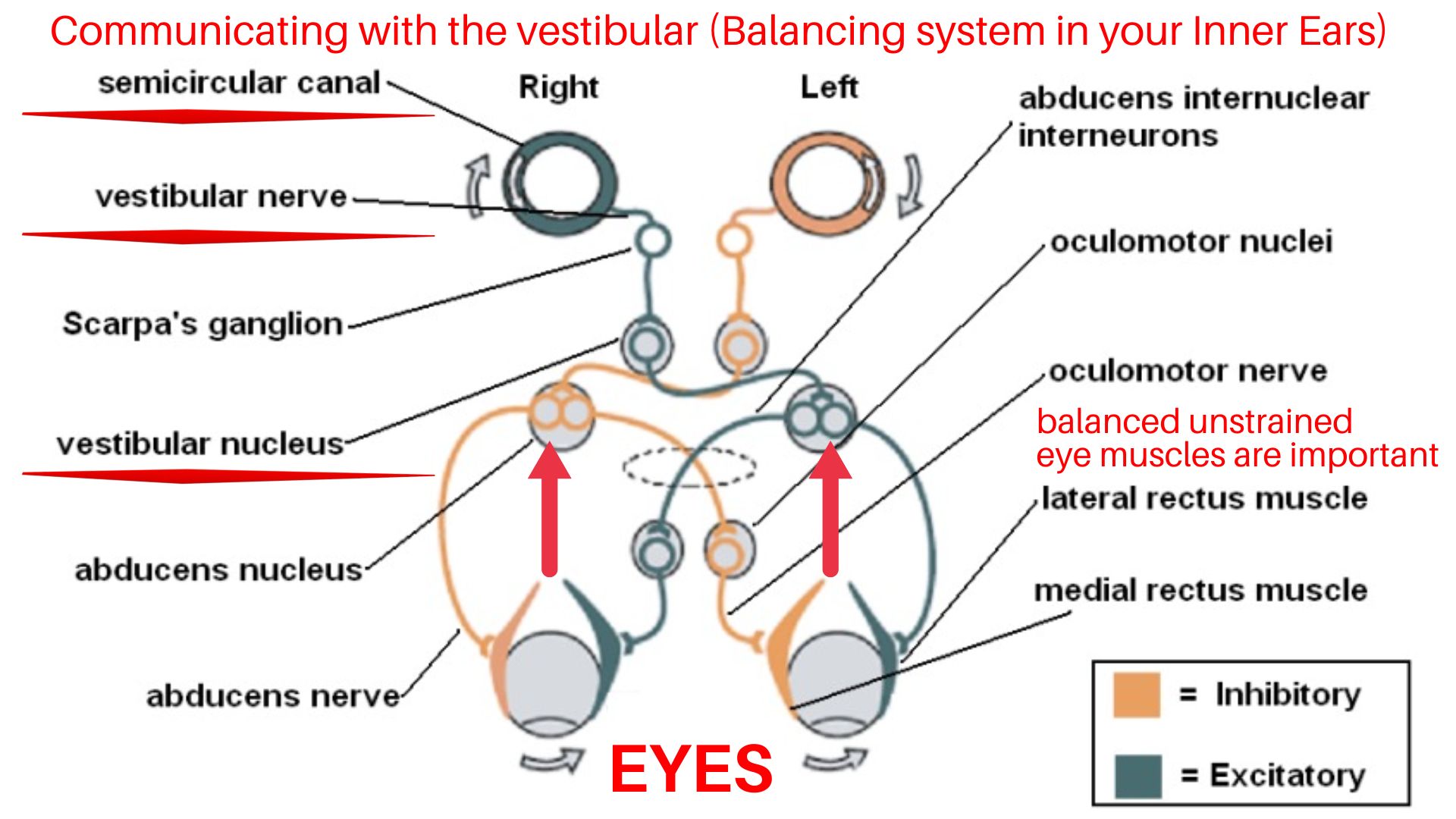
Image: https://www.ncbi.nlm.nih.gov/books/NBK545297/
RED lines, arrows, and writing were added.
…The connection between the vestibular system and the visual system is called the ocular motor reflex
(32)
…One way the visual and vestibular systems work together is via the vestibular-ocular reflex (VOR). When motion of the head is sensed by the vestibular sensors in the inner ear, the information is processed by the central nervous system
(32)(bold added)
Treatment for Eye conditions That Are Causing Vertigo May Include:
Self Care for your eyes:
-Have your eyes checked.
–Avoid excessive bright or flashing lights.
-Reduce excess eye strain.
-Consider how much time you are in front of electronics/screens.
-Get used to walking away on a regular basis.
-Protect your eyes from excessive blue light (I now use anti-blue light glasses) 100% of the time while on the computer.
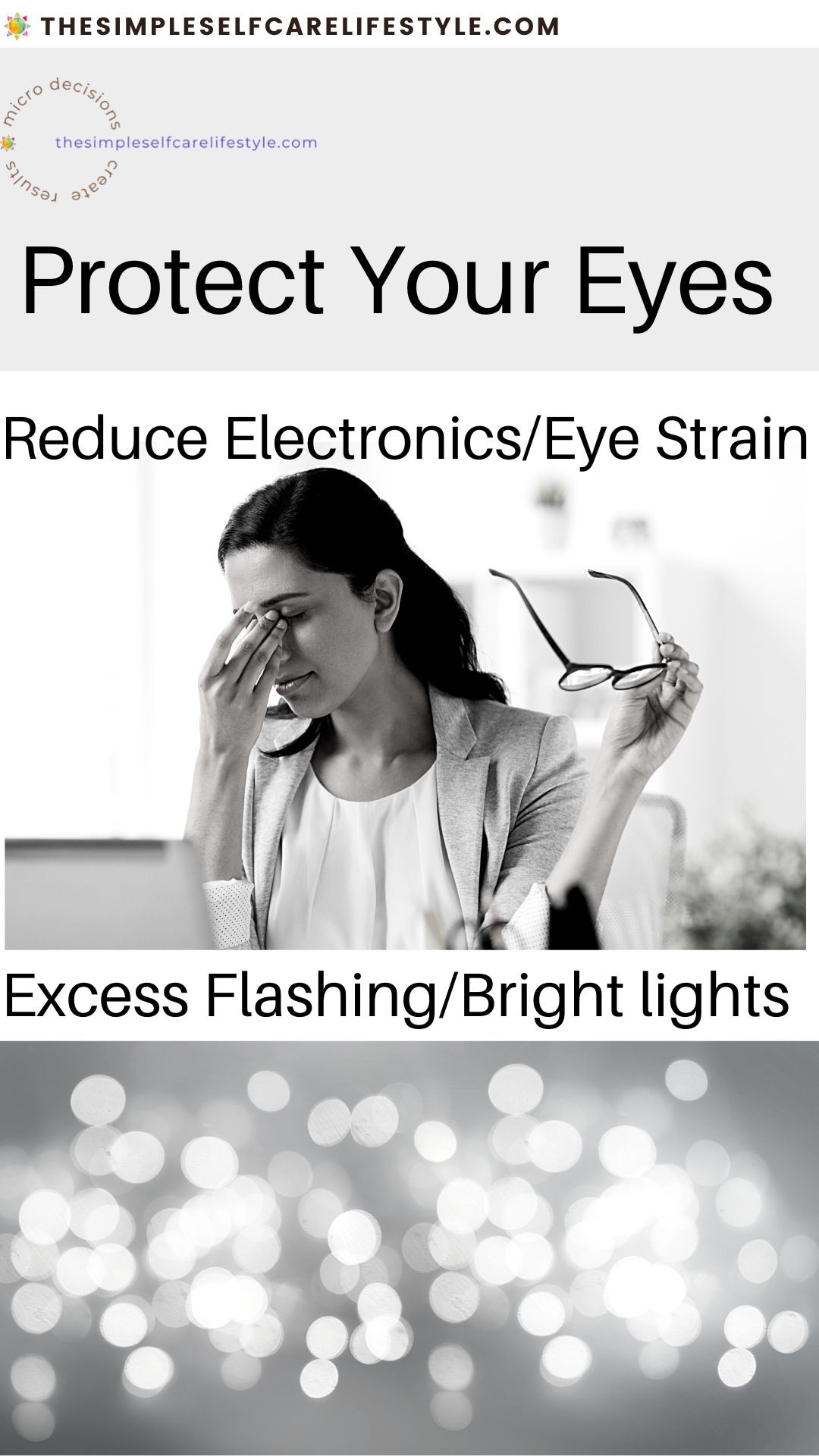
…When our eye muscles are repeatedly working to align and correct themselves, this can lead to vertigo
(11)

When you have new glasses. even cheaters or any eye procedures – take it slow. Allow yourself and your brain acclimation time. Give your brain a chance to adjust to the informational change.
What helps for vertigo if medications are contributing to it:
Medications May Be A Cause of Vertigo
Certain medications, such as those used to treat high blood pressure, can cause vertigo as a side effect. (26)

What Helps For Vertigo Caused By Medication?
Talk to your practitioner.
Knowing that medication is a possible cause of your vertigo, especially if you have just started on a new medication, can reduce the fear that is created by not knowing where the vertigo is originating from.
Reducing fear is just as important when tackling vertigo because fear can exacerbate vertigo.
What helps for vertigo if Caffeine is contributing to it:
Caffeine
Caffeine can cause vertigo by:
–affecting the inner ear,
-causing dehydration,
-vasoconstriction and
-interfering with the function of the vestibular system
This is especially true for those with Meniere’s disease; it may be that caffeine is a trigger for a vertigo attack. (5)

What’s the Self Care TIP?
-Consume caffeine in moderation.
–For some, it is better to avoid it altogether. (5)(6)
-Be on top of your hydration each and every day when consuming caffeine.
This segues us nicely into another common cause of vertigo: Dehydration.
What helps for vertigo if dehydration is the cause:
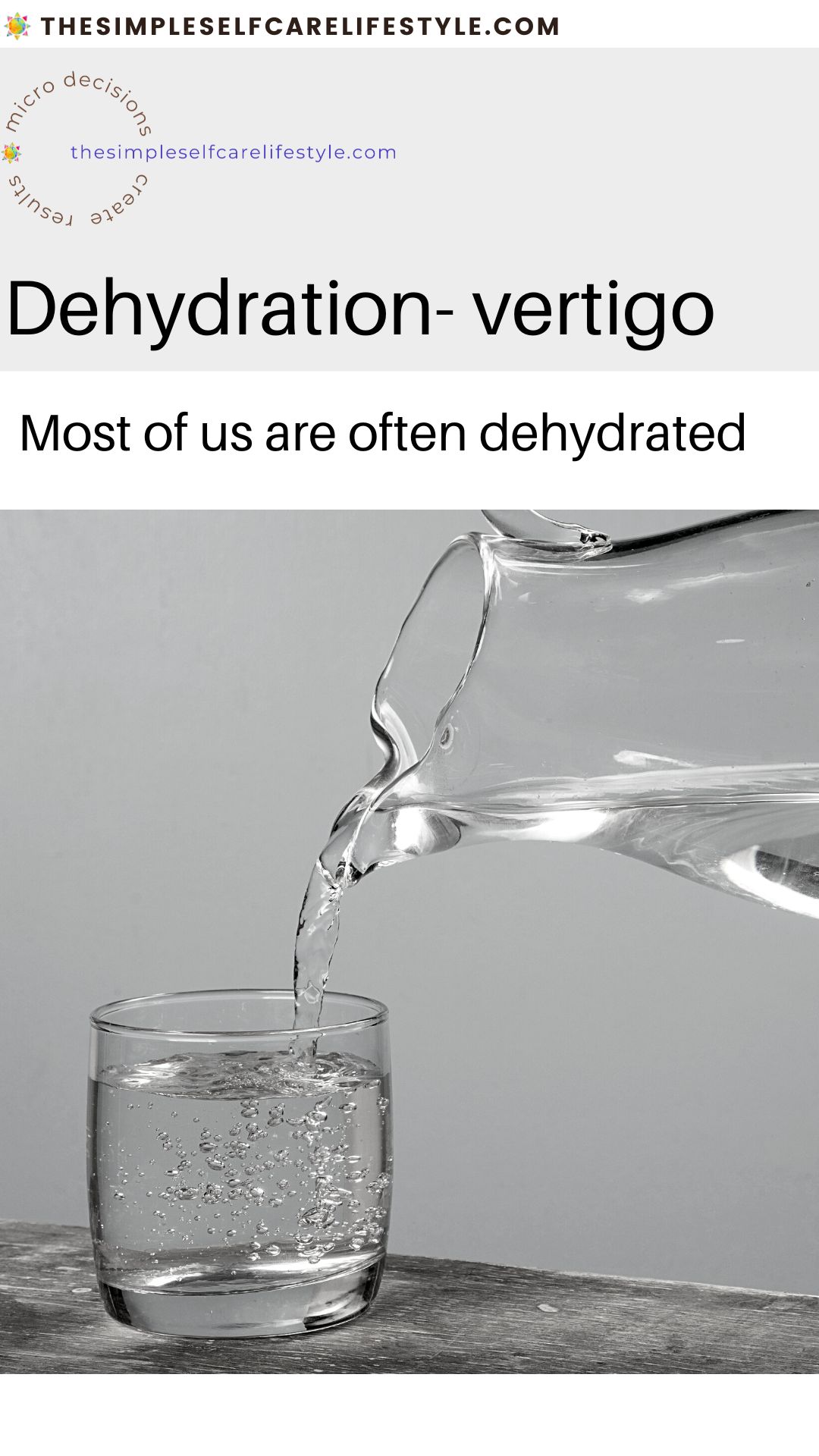
Dehydration May Be A Cause of Vertigo
One way dehydration can cause vertigo is by affecting the inner ear.
The inner ear contains fluid-filled canals that help to maintain balance.
When you become dehydrated, the fluid levels in these canals can drop, leading to a disruption in balance and a feeling of vertigo.
Dehydration can also cause a drop in blood pressure, which can lead to vertigo.
When your body is dehydrated, your blood vessels can expand in an attempt to increase blood flow, which can cause a drop in blood pressure.
This drop in blood pressure can cause vertigo, especially when you stand up quickly. So dehydration can
–change fluid levels in your inner ear
–drop blood pressure
both of which can lead to vertigo.

What May Help Vertigo That Is Caused By Dehydration?
Consume Fluids by:
Drinking plenty of fluids throughout the day.
Soups are a wonderful hydrating option.
Hydrating foods like fruits if they work with your body.
If you
-have a fever
-are breastfeeding
-workout strenuously
-have loose stools
-are under stress and not taking time to drink throughout your day
-spend a lot of time in the sun
be sure to consciously keep hydrated.
What helps for vertigo if Low Blood Sugar is the cause:
Low blood sugar:
A drop in blood sugar levels can cause vertigo by disrupting the flow of blood to the brain.
When your blood sugar levels drop, your body may release adrenaline in an attempt to raise them.
This can cause your blood vessels to constrict, reducing the flow of blood to the brain and leading to vertigo. (15)

Support for Vertigo Caused By A Bout of Low Blood Sugar
Consume items that can raise your sugar. If you are experiencing low blood sugar, this is not the time to quibble about ‘nutrition’.
First, protect your brain by getting your sugar levels up and normalized. When your blood sugar drops-
Essentially, you want fast-acting carbohydrates, which are simple sugars with little to no fiber.
(16)
Some examples Mary Ellen Phipps,(17) (RDN) and diabetes dietitian organizes by sugar level include:
Blood sugar 55–70 mg/dL:
-Raisins
-Medjool dates
-Applesauce
-Bananas
-Grapes
-Pineapple
Blood sugar less than 55 mg/dL:
-100% grape juice
-Honey or maple syrup
Blood sugar below 55 mg/dL,
-Get quick, rapid-acting liquid carbohydrates.
Grape juice is one of the highest carbohydrate-filled juices and is my choice for myself and clients experiencing this severity of hypoglycemia.
(17)
What helps for vertigo if anxiety is contributing to Vertigo:
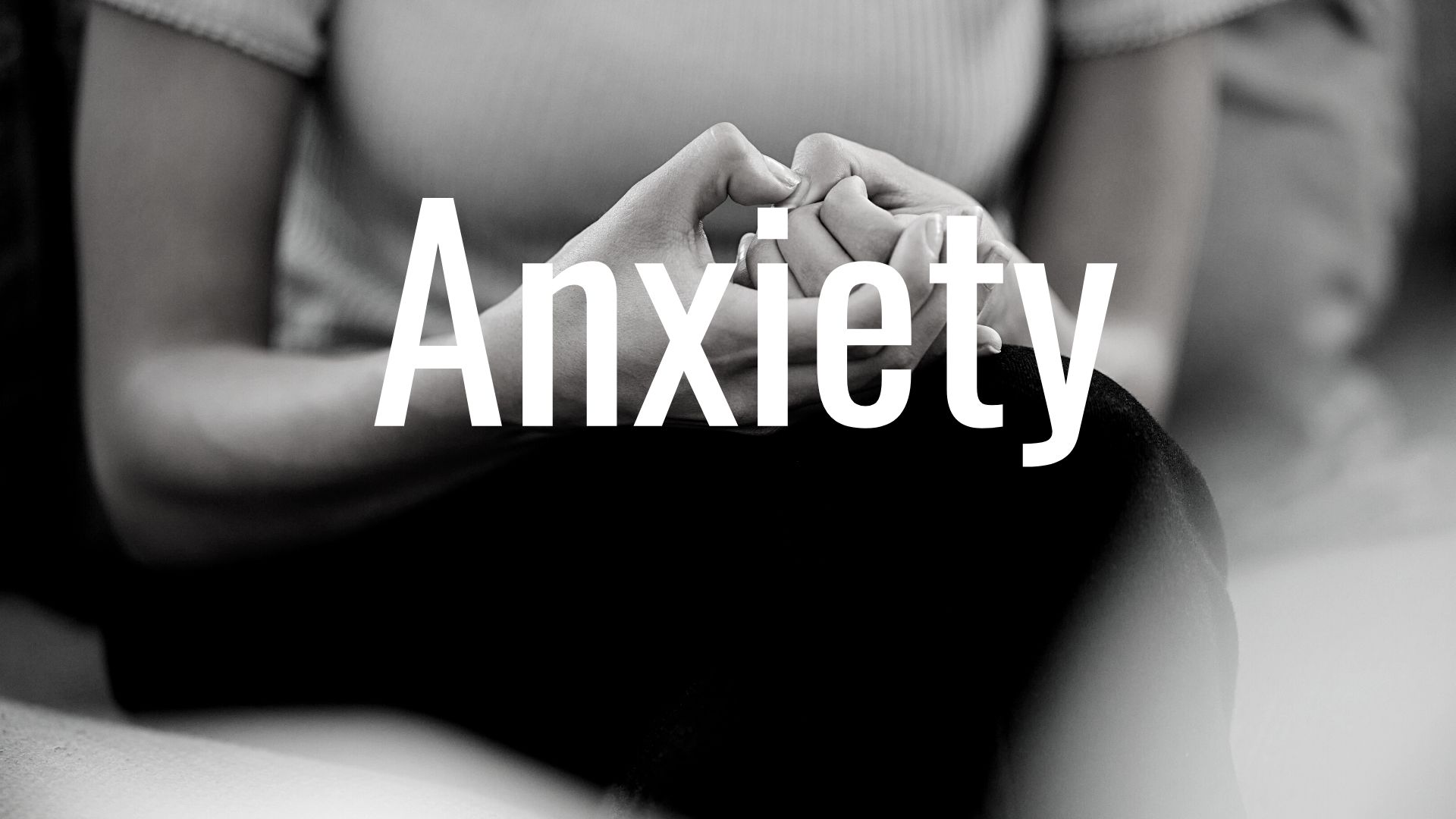
Anxiety/Hyperventilation Can Be a Cause of Vertigo
Firstly, anxiety can cause hyperventilation or rapid breathing, which may lead to a decrease in carbon dioxide levels in the blood.
Decreasing carbon dioxide levels can cause constriction of blood vessels in the brain. Blood flow may then be decreased, and may cause vertigo.
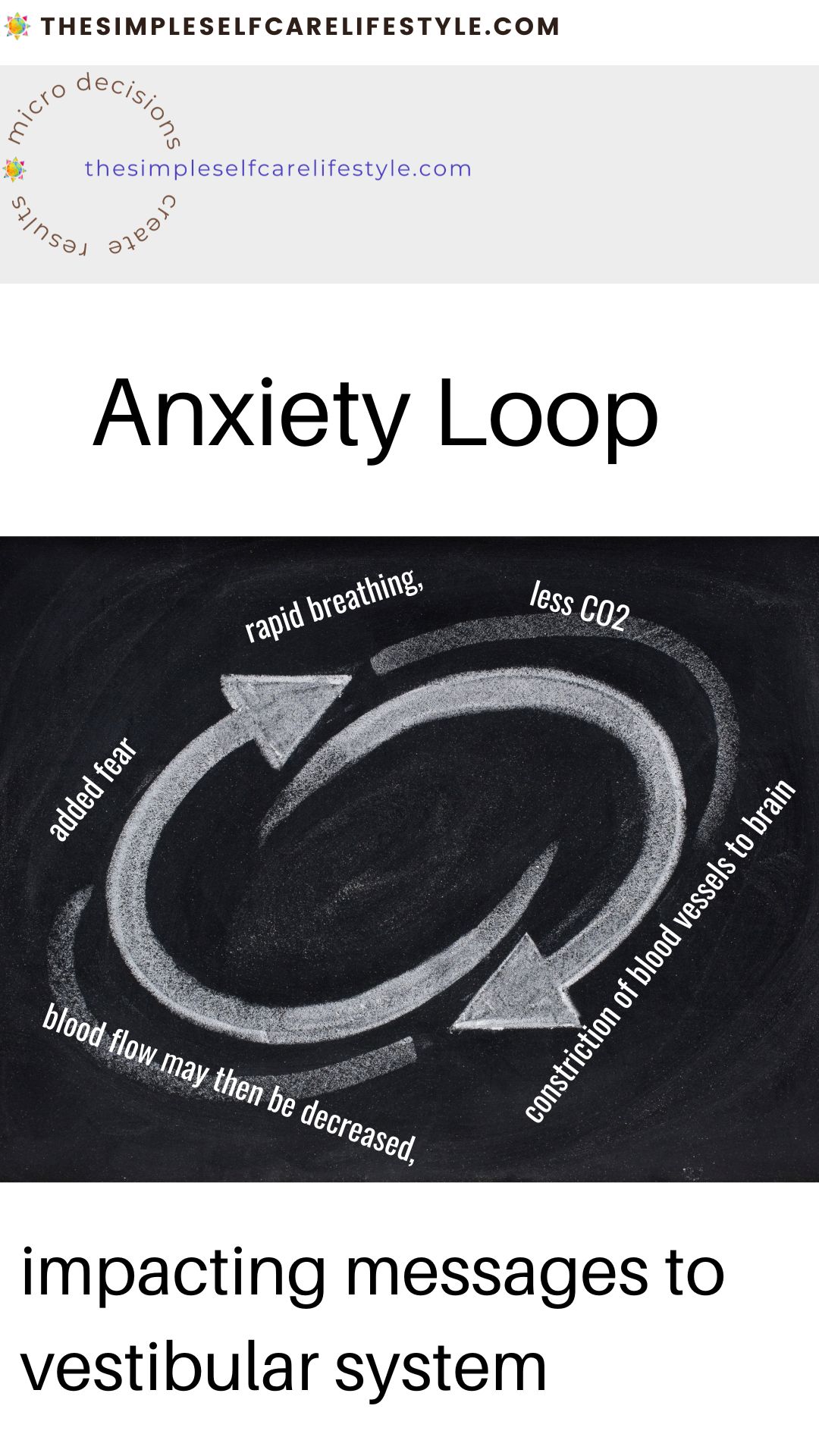
Secondly, anxiety can lead to muscle tension, especially in the neck and shoulders.
Intense tension in the neck and shoulder muscles can affect the inner ear.
The inner ear, as we have covered, is responsible for balance and spatial orientation and thus can instigate vertigo.
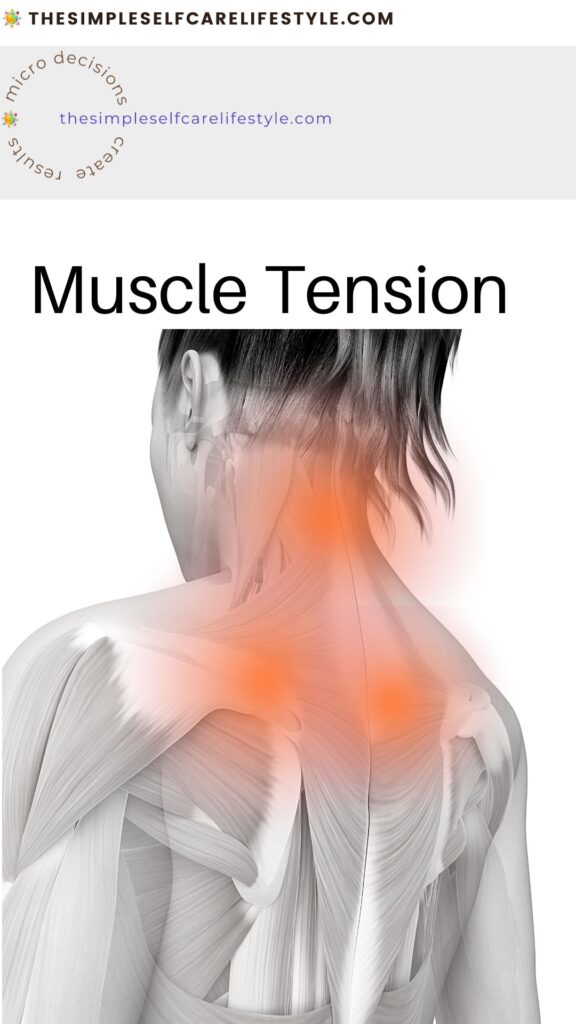
Thirdly, anxiety can create sensory overload.
Sensory overload can cause a person to feel disoriented, leading to vertigo.
What Can We Do to Help Vertigo Caused By Anxiety?
Train the HPA Axis Using 4-7-8 Breathing.
Day in and day out use of the Guided 4-7-8 Breathing. For the First round of training, give it 90 days. You can check out some results subscribers wrote in. They might be motivating.
Playing the HPA Axis supportive music in the background during the day.
Taking 60 sec to use the guided breathing mid-day
and literally falling asleep to the nightly guided breath and relaxation, allowing the background music to lull you to sleep, can address all three.
What Is 4-7-8 Breathing? It is Simply-
-taking a deep breath for four seconds
–holding your breath for seven seconds
–exhaling slowly for eight seconds.
Here is a 60-second example for you.
The 4-7-8 pattern is repeated SLOWLY 3-4 times. It will:
-help slow down your heart rate
–promote relaxation
–release muscle tension
The Below Images Link to Multiple ‘Calm’ Videos for Day Time and Night.

What helps for vertigo if Food Allergies/Intolerances are causing it:
Food Allergies/Intolerances
Food allergies/intolerances occur when the body has difficulty digesting certain foods.
This can lead to a number of symptoms, including vertigo. (18)
The reason for this is that sometimes we cannot break down the protein of a food well.
This can cause inflammation in our body, including our brain. An example of this is the protein gliadin from gluten (23)
“Gluten is a known neurotoxin, and for many patients with gluten sensitivity, nervous system diseases are the only symptoms that manifest.”(23)
The inflammation can affect the inner ear and cause vertigo.
Two of the most common food intolerances that can cause vertigo are gluten and dairy intolerances.
When someone with gluten or dairy intolerance consumes them, their body has an immune response that can cause inflammation throughout the body, including the inner ear, resulting in vertigo.
There are many, many other food intolerances that can cause vertigo.
There are chemical reactions such as histamine intolerance as well.
Histamine is a chemical that is released by the body in response to certain foods. For some, it is released in excess, causing symptoms like flushing.
When someone with histamine intolerance consumes foods high in histamine, such as aged cheese, fermented foods, and alcohol, they may experience vertigo.
The body’s responses to food are as individual as we are.

The Best Approach To Reduce Vertigo Caused By Food
Uncover the culprits.
Identifying food intolerances and food allergies that are causing you vertigo and eliminating them will resolve your vertigo symptom, AND there is a good possibility you will resolve a host of other symptoms, too! This is the entire premise of why the 1 Goal of Optimizing Our Personal Body Terrain brings us exponential results!
How Do You Figure Out Food Intolerances?
“There are many different types of elimination diets, including the low-FODMAPs diet, the few foods diet, the rare foods diet, fasting, and more.”(18)
Reference #18 in the reference and resources section links you to a quick article that gives a nice overview of common elimination diets.
My Preference
I used books by Janice Vickerstaff Joneja for decades when working with clients.
Three that were particularly liked by clients:
Histamine Intolerance: Comprehensive Guide
Dealing with Food Allergies: A Practical Guide to Detecting Culprit Foods
Dealing with Food Allergies in Babies and Children
Next, moving on to anemia.
What helps for vertigo if Anemia is at the root of it:
Anemia Can be A Cause Of Vertigo
Anemia is a condition where the body doesn’t have enough red blood cells.
The reason anemia can cause vertigo is that when the body doesn’t get the oxygen, the brain may not have enough, either.
Low levels of hemoglobin prevent adequate oxygen from reaching the brain. Blood vessels swell, blood pressure drops, and it can result in headaches, neurological issues, and vertigo.
(20)
Seek Out The Root Cause Of Your Anemia
Work with a practitioner to uncover why you have anemia. This is sooooo important. I cannot tell you how many times clients were told to take iron.
If we do not uncover WHY the iron is deficient, to begin with, this will be an ongoing problem, plus excess iron is not suitable for the body.
Explore WHY you have anemia.
A few examples of different root causes for anemia.
Different Reasons For Anemia
“To make enough red blood cells, Iron, vitamin B12, and folic acid are ALL needed.
If the body does not have enough of ANY one of these three nutrients, anemia will not resolve. This explains why, for many, simply taking iron may not work.
Knowing what you are deficient in can also help point you in the direction of possible causes.
Different deficiencies can be due to one or multiple factors, such as:
-Changes in the lining of the stomach or intestines
-Poor diet
–Lack of Iron in the diet
-Vitamin B12 deficiency due to lack in the diet or a genetic predisposition.
–Folate deficiency
-Certain medicines
-Destruction of red blood cells earlier than normal (the immune system should be looked at)
-Long-term (chronic) diseases such as ulcerative colitis or rheumatoid arthritis
-Some anemias are inherited
–Pregnancy
–Slow blood loss (for example, from heavy menstrual periods)” (21)
Knowing the root cause of your anemia will help resolve it.
Resolving anemia that causes you vertigo will mean vertigo resolves, too.
This segues us nicely to vitamin and mineral deficiencies in general.

What helps for vertigo if Vitamin Deficiencies are causing it:
Vitamin/Mineral Deficiencies Can Result in Vertigo
Research has shown that certain vitamin and mineral deficiencies can also contribute to the occurrence of vertigo.(22)
Vitamin D Deficiency and Vertigo Connection
An example of this is Vitamin D deficiency.
“Benign paroxysmal positional vertigo (BPPV) is linked to vitamin D deficiency.” (22)(bold added)
We began with BPPV at the onset of today’s post.
If you experience BPPV vertigo, I hope you are able to use the Epley Maneuver with success.
Once you are over the acute vertigo episode maybe check your vitamin/mineral/amino acid levels.
Minimally I would also have Vitamin D and B12 checked to help keep vitamin deficiency vertigo at bay.(22)(25)

Vitamin B12 Deficiency Can Manifest BPPV as well
A lack of vitamin B12 can cause neurological problems, such as blurred vision, affecting your nervous system.
(25)
Neurological problems and eye disturbances can both result in vertigo.
B12 deficiency can be a cause for Anemia.
We loop back to the fact that anemia can express itself as vertigo.
What Can We Do To Know If Vitamin Deficiencies are Playing a Role in Vertigo?
Test your vitamin levels. Ask your practitioner for a simple serum blood test that can minimally test for Vitamin D3, Folate, Iron, and B12.
I personally do a complete nutrient-mineral-amino acid panel.
Initially, I tested yearly. I did this until I brought my deficiencies up to optimal.
Then, after that, I continued doing a complete panel every 5-ish years.
What helps for vertigo when toxin exposure is at the cause of it?
Exposure to Toxins And Vertigo
Well-known vestibular toxins include aminoglycoside (AG) antibiotics,..mefloquine, solvents, organophosphates , and heavy metals.
(27)
The Best Thing To Do About Toxins
Reduce them. Here are a few ways to reduce some of our everyday toxins:
Get LEAD and Plastic FREE Salt
Non-toxic Laundry detergent
Tea Bags –billions of micro and nano particles PER CUP! Even Organic brands!
Your Home Decor Like Candles
There are so many SIMPLE swaps you can make to reduce your toxin exposure exponentially!
Post category
Reduce Toxins
Swap out everyday products
Post category
Healthy Home
Simple Swaps for Your Home
Slowly replace things throughout your home to improve the toxic load you and your family (including pets) are exposed to. It is a fabulous way to create your Self Care Lifestyle.
RE-CAP
Vertigo is a SYMPTOM.
There are a multitude of scenarios that can skew the information the brain receives, setting the stage for vertigo.
There can be:
-Inflammation
-Infection
-Fluid build-up
-Crystals -Eye strain
-Chemical disruptors
-Medicines
-Hormonal Imbalances
-Food Intolerances
-Food Sensitivities (incl. Caffeine, Alcohol…)
-Anxiety/Chronic Stress/Lack of Sleep
to name a few. And it may be one of the items on the list is not enough to push us into vertigo but a culmination. I am certain that is what happened in my case.
The best way to support the symptom of vertigo, and hopefully even prevent it, is to understand the root cause(s) of your vertigo. This allows you to focus on actions that will support your body and circumstances.
I hope this post is helpful in reducing the fear that the unknown can add to the miserable experience of vertigo.
I know understanding what is going on in my body helps me feel more empowered and at the ready if I ever have to go through it again.
When it comes to this post I…


References/Resources for you and below the list- more posts that may interest you!
References/Resources
3. Youtube Video Showing Epley Maneuver
References/Resources continued…
References/Resources continued…
17. Milk &; Honey Nutrition. (2022, April 5). Retrieved February 26, 2023,
References/Resources continued…
24. Mahmud K, Ripley D, Doscherholmen A. Paroxysmal Positional Vertigo in Vitamin B12 Deficiency. Arch Otolaryngol. 1970;92(3):278–280. doi:10.1001/archotol.1970.04310030068014
References/Resources continued…
*excluded from this list are the apparent head injuries and central nervous system disfunction that affect the brain/central nervous system can cause vertigo.
If you want to dive deep into how the vestibular works and deeper into the anatomy, here is a video for you.
Self-Care information, tips, tools, products & programs
THe simple self care lifestyle
Simplify
self care
Post categories

